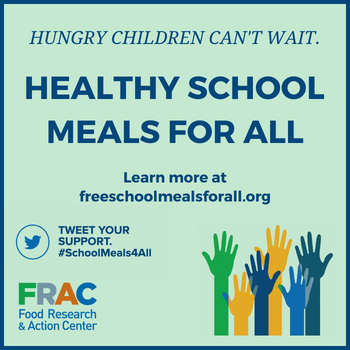
America has a hunger crisis. And it’s about to get worse.
The latest and last Household Food Security report released in December by the U.S. Department of Agriculture’s Economic Research Service (ERS) reveals that 47.9 million people lived in food-insecure households in 2024. These findings underscore a crisis that is set to deepen as the largest cuts to the Supplemental Nutrition Assistance Program (SNAP) in history take effect, and the decision by the Trump administration to no longer issue the report will simply hide the impact of these cuts on food security.
The budget reconciliation law (H.R. 1/OBBBA) marks one of the most significant federal disinvestment efforts in decades, fundamentally reshaping the fiscal relationship between the federal government, states, and municipalities. By cutting roughly $187 billion from the Supplemental Nutrition Assistance Program (SNAP) while directing about $170 billion to Immigration and Customs Enforcement (ICE) and delivering hundreds of billions in tax benefits to corporations and the ultra-wealthy, the law reflects political priorities — not fiscal necessity. These choices redirect resources away from children, workers, and local economies, shifting substantial social and financial burdens onto states and taxpayers.
Congress passed H.R. 1, also known as the budget reconciliation law, on July 4, 2025, making sweeping changes to the Supplemental Nutrition Assistance Program (SNAP). The cuts to SNAP will be devastating to the health and well-being of millions of people, including children, older adults, veterans, people with disabilities, and communities. The impact will not end in grocery aisles and household kitchens; cuts to SNAP will have far-reaching negative consequences for school meals and other child nutrition programs.
